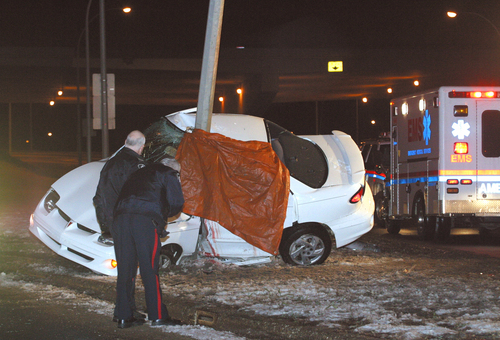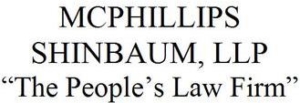Lane-Drift Accidents and Their Causes
Lane-drift accidents can happen in a moment, even if your attention is only briefly drawn away from the road. A recent study looked at the causes of lane-drift or lane-departure accidents, and ways that technology can better prevent these types of crashes.
The Insurance Institute for Highway Safety (IIHS) conducted a study on the causes of lane-drift or lane-departure accidents, using data on 631 such accidents as reported to a federal database. 125 of these motor vehicle accidents caused serious or fatal injuries. The IIHS found that, in 34% of all accidents and 42% of all accidents causing death or serious injury, the at-fault driver was incapacitated at the time of the crash. One-half of these drivers had fallen asleep, while the remainder had become incapacitated due to either a medical emergency, such as a seizure or heart attack, or due to intoxication by drugs or alcohol. An additional 8% of crashes resulted from a driver who was found to be legally intoxicated, but who remained conscious. 22% of all lane-drift accidents were the result of driver distraction.
Many new vehicles now offer lane-departure warning systems, which use cameras and sensors to detect whether or not the car is staying in its lane of traffic, alerting the driver with visual or auditory cues if the car has left its lane. However, few such systems offer course-correction capabilities, steering the car back into its lane when it departs unexpectedly. The IIHS suggests, based on the results of its study, that a simple warning is insufficient to prevent a large portion of lane-departure crashes, since many of these drivers have become unconscious; these systems should therefore offer course-correction to become more effective, according to the IIHS.
Sometimes driver incapacity may be entirely unavoidable and something that the driver had no way to predict or prevent. In certain cases, however, drivers may have understood the risk they were taking by getting behind the wheel but chose to do so anyhow. For example, if a driver who was aware that he or she experienced seizures on a regular basis failed to take medicine prescribed for these seizures but still chose to drive, that driver could be held liable for injuries caused by an incapacity-related crash. Likewise, drivers who are aware that their prescribed medications make them drowsy can be held financially responsible for accidents caused by drug-related incapacity. A personal injury attorney experienced in investigating car accidents can help you determine the reasons for a crash that establish the other driver’s liability to you.
If you’ve been injured in an accident due to another person’s negligence, contact your local experienced personal injury attorneys at McPhillips Shinbaum at 334-262-1911.










